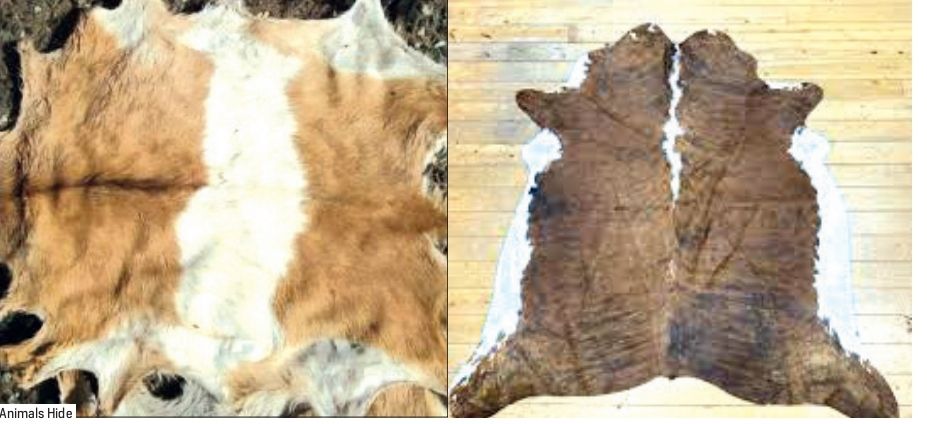
The Minister of Livestock Development, Dr. Idi Maiha, has urged the Raw Materials Research and Development Council (RMRDC) to spearhead innovative reforms in the country’s livestock sector through dedicated research and development.
He said this would enable Nigeria tap into the $23 billion global market for exotic livestock breeds and significantly improve leather production.
Speaking during a courtesy visit by the RMRDC DirectorGeneral, Prof. Nnanyelugo Ike-Muonso, to the Ministry of Livestock Development in Abuja, Dr. Maiha emphasised that enhanced research efforts could position Nigeria to tap into the $23 billion global market for exotic livestock breeds and significantly improve leather production.
Dr. Maiha outlined critical areas where RMRDC’s expertise could drive transformation, including pasture and fodder development, local feed production, and artificial insemination to boost milk yields in cattle.
He also highlighted the potential of the Sokoto Red Goat, a breed renowned for its premium leather often mistaken for “Moroccan leather,” urging a focus on quality improvement to increase Nigeria’s minimal share in the lucrative global leather market.
The minister called for research into locally produced medicines and vaccines, alongside strategies to protect livestock skins.
He further stressed the importance of developing cold chain infrastructure and introducing solar dryers to enhance the quality and shelf life of livestock products, thereby increasing the sector’s value.
In his response, Prof. IkeMuonso assured the minister of RMRDC’s dedication to advancing the livestock industry.
He highlighted the council’s ongoing projects, such as milk collection centers in Paikonkore (FCT) and Yola, developed in collaboration with Modibo University.
Other initiatives include thermostable poultry vaccine production in partnership with the Veterinary Research Institute in Vom and artificial insemination projects aimed at increasing local livestock milk yields, conducted in partnership with the Taraba State government.
The RMRDC stated that these efforts were expected to drive economic growth, improve livelihoods, and reduce Nigeria’s reliance on foreign inputs.
Furthermore, the council also affirmed its commitment to enhancing agricultural competitiveness and promoting sustainable development within the livestock sector.
Please follow and like us:


